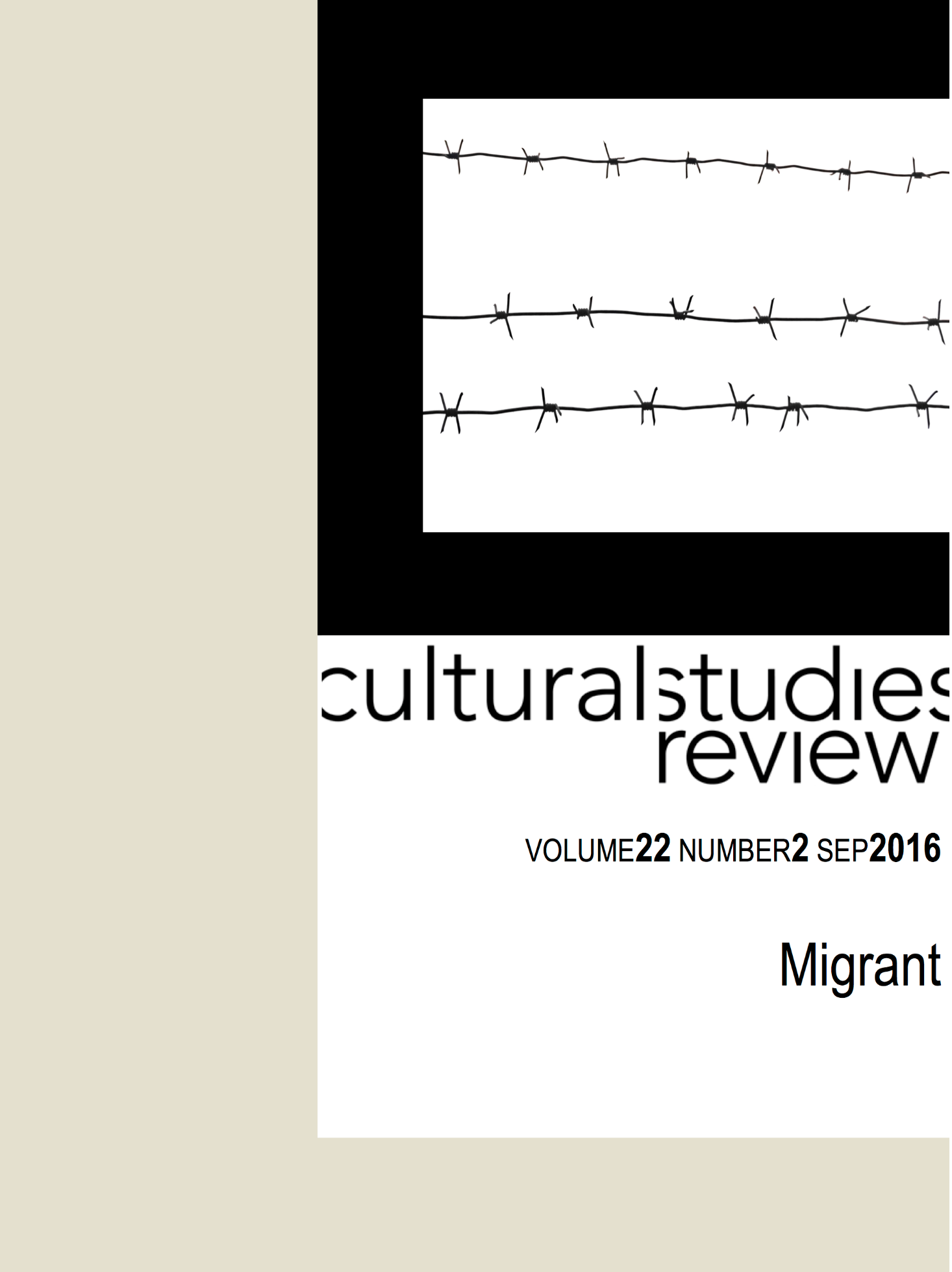Rural Autochthony? The Rejection of an Aboriginal Placename in Ballarat, Victoria, Australia
Main Article Content
Abstract
This article addresses the question of why the name ‘Mullawallah’, advanced by local Wada wurrung for a new suburb in the Ballarat area, was contested and rejected by residents. It argues that the intersection between corporate profit, government policy and meaning-based issues of belonging should be highlighted for a deeper understanding of practices around place naming. The contextual conditions regarding the democratisation of place-naming policy, overwhelming power of commercial developers to ‘name Australia’ with marketable high status names and a ‘carpentered’ pastoral environment ‘emptied’ of the Indigenous population, created an environment conducive for the contests over naming. The Indigenous people appeared to have been wiped from the landscape and the worldview of settler locals. Concepts of ‘locals’ and ‘rural autochthony’ prove useful for understanding the ambiguities of belonging and placename attachment in Australia. The article argues that cultural politics of naming remains a contested social practice.
Article Details
Section
Authors who publish with this journal agree to the following terms:
a) Authors retain copyright and grant the journal right of first publication with the work simultaneously licensed undera Creative Commons Attribution License that allows others to share and adapt the work with an acknowledgement of the work's authorship and initial publication in this journal.
b) Authors are able to enter into separate, additional contractual arrangements for the non-exclusive distribution of the journal's published version of the work (e.g., post it to an institutional repository or publish it in a book), with an acknowledgement of its initial publication in this journal.
c) Authors are permitted and encouraged to post their work online (e.g., in institutional repositories or on their website) prior to and during the submission process, as it can lead to productive exchanges, as well as earlier and greater citation of published work (See The Open Access Citation Advantage Service). Where authors include such a work in an institutional repository or on their website (ie. a copy of a work which has been published in a UTS ePRESS journal, or a pre-print or post-print version of that work), we request that they include a statement that acknowledges the UTS ePRESS publication including the name of the journal, the volume number and a web-link to the journal item.
d) Authors should be aware that the Creative Commons Attribution (CC-BY) License permits readers to share (copy and redistribute the work in any medium or format) and adapt (remix, transform, and build upon the work) for any purpose, even commercially, provided they also give appropriate credit to the work, provide a link to the license, and indicate if changes were made. They may do these things in any reasonable manner, but not in any way that suggests you or your publisher endorses their use.
